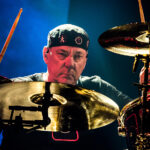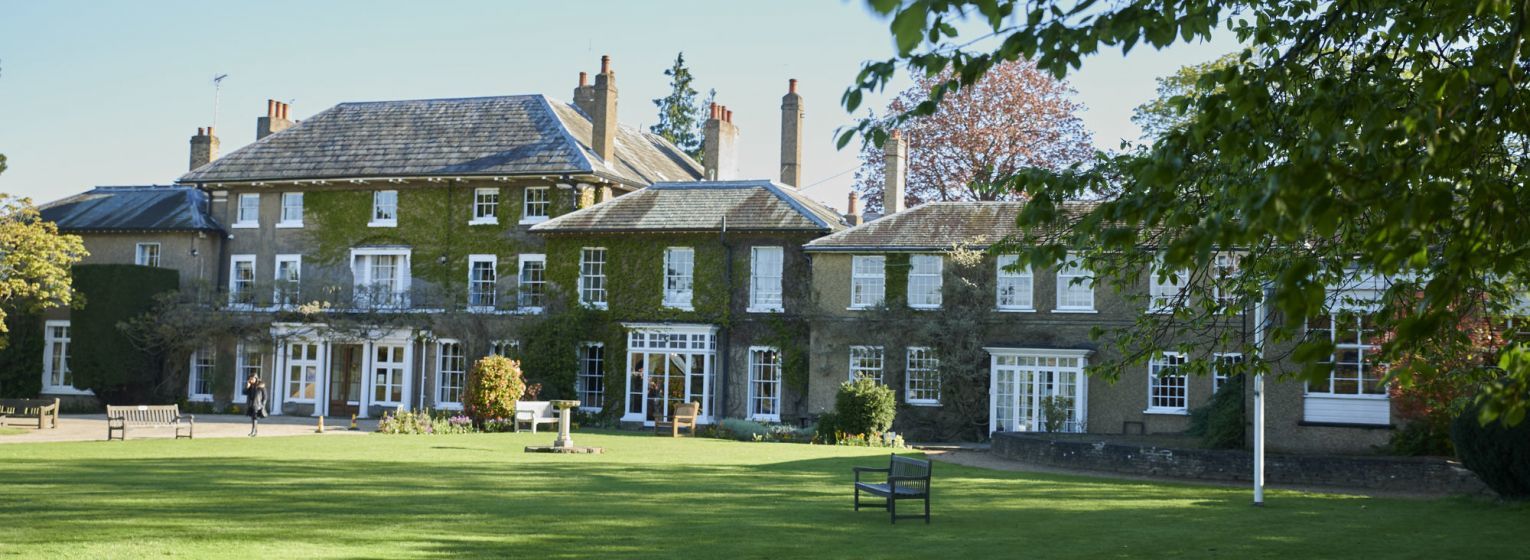Diversity in Music at Edge Grove By Mr Evans, Director of Music
Music has the power to connect people from all walks of life and it is very rare to find a community that doesn’t have music at its heart. One of the reasons I was so excited to join Edge Grove is because not only is music at the geographical heart of the School (if viewed on Google Earth), but it is central to so many things that happen here. Of course, we have the assemblies, the concerts, the Performing Arts productions, the 200 instrument and singing lessons that take place every week (!), but we also have many cultural and religious celebrations where music plays a vital part in bringing everyone together with a single focus.
It is with these moments in mind that I am currently working on revitalising our Music Department in order to celebrate the great level of diversity present in our community.
One small change has been the renaming of our Music Rooms. Previously, all of our practice spaces were named in honour of classical composers: Mozart, Handel, Schoenberg, Tchaikovsky, Bach, and Brahms. This seems perfectly reasonable as these composers are often viewed as the fathers of music today, but therein lies the problem. They are ALL men and they are ALL white. They are still incredibly important to music history, yet their relevance has somewhat diminished over time.
Therefore, I have made the decision to rename the rooms in order to better reflect the diversity of our musical community and provide more relatable inspiration points for our pupils.
We now have:
| The Clara Schumann Room | I previously mentioned the “fathers” of music, however, an often sadly forgotten classical composer is Clara Schumann. Across her career she was a prolific pianist and composed a variety of solo piano pieces, concertos, chamber music and songs. |  |
| The Elton John Room | A link to nearby Watford, Elton John has had a lasting impact on popular music. Moreover John is well known for his philanthropic efforts in relation to his varied charity work. |  |
| The Franklin Room | Aretha Franklin is one of the best-selling music artists of all time and won a huge amount of awards across her career. From growing up in the home of a prominent African-American preacher, she was strongly involved in the struggle for civil rights and women’s rights. |  |
| The Simone Room |
Nina Simone, like Aretha Franklin, was a singer, songwriter and civil rights activist. The sixth of eight children born to a poor family, she enrolled in the Julliard School of Music with the help of supporters in her hometown. |
 |
| The Shankar Room | Ravi Shankar was an Indian sitarist and composer. He was awarded India’s highest civilian honour, the Bharat Ratna, in 1999. He was the world’s best-known expert of North Indian classical music. |  |
| The Hendrix Room |
Jimi Hendrix is often cited as the most inspirational guitarist of all time, as well as the greatest instrumentalist in the history of rock music. Hendrix’s sound was vital in laying the groundwork for all rock music to come. |
 |
| The Peart Room | I’ll admit that Neil Peart was a personal choice of mine, being a huge fan of the music of Rush. That being said, he was truly one of the most influential drummers of all time, being entered into the drummers hall of fame at the age of thirty, the youngest person to ever do so. I selected him due to how he overcame incredibly difficult times in his life and is an inspiration for never giving up. I highly recommend you discover his life and music. |  |
The second and far more vital changes I am making are within the Music curriculum itself. I am currently redesigning our curriculum in order for our pupils to experience as many musical traditions as possible.
- Year 3 have undertaken a topic on Djembe drumming, discovering how West African musicians “can make the djembe talk”.
- Year 4 have been learning about the music of Trinidad and Tobago through playing the Steel Drums. This was after a unit exploring rock music of the 1970s and playing Led Zeppelin on Boomwhackers!
- Year 5 will be learning the ukulele, discovering its Portuguese origins and how it was made popular in Hawaii.
- Year 6 will look at minimalist music, a genre that was a reaction against the over-the-top nature of music in the 60s.
- Year 7 will shortly be undertaking a scheme of work based on the developments of classical music from 1650 to present day, focussing on listening and appraising skills.
- Finally, Year 8 will delve into Jazz and Blues music, exploring its origins in the slave trade, and how it was fused with traditional mento music to form Reggae.
Moreover, the hymns and songs being sung in assemblies now come from a far more varied range of repertoire, linking with our School Values to further deepen our pupils’ understanding of morality and ethics. Recently we have belted out “Lean on Me” and “Stand by Me” alongside Swahili songs and Gospel medleys. It’s been a pleasure to witness our pupils sing these songs with such joy.
We often say that Performing Arts is an exciting place to be, but we are also striving to be a far more diverse and inclusive department with our communities at its heart.
Mr Evans
Director of Music








